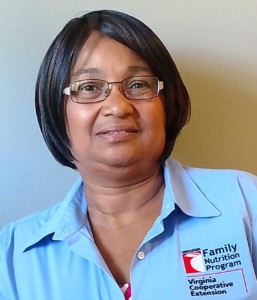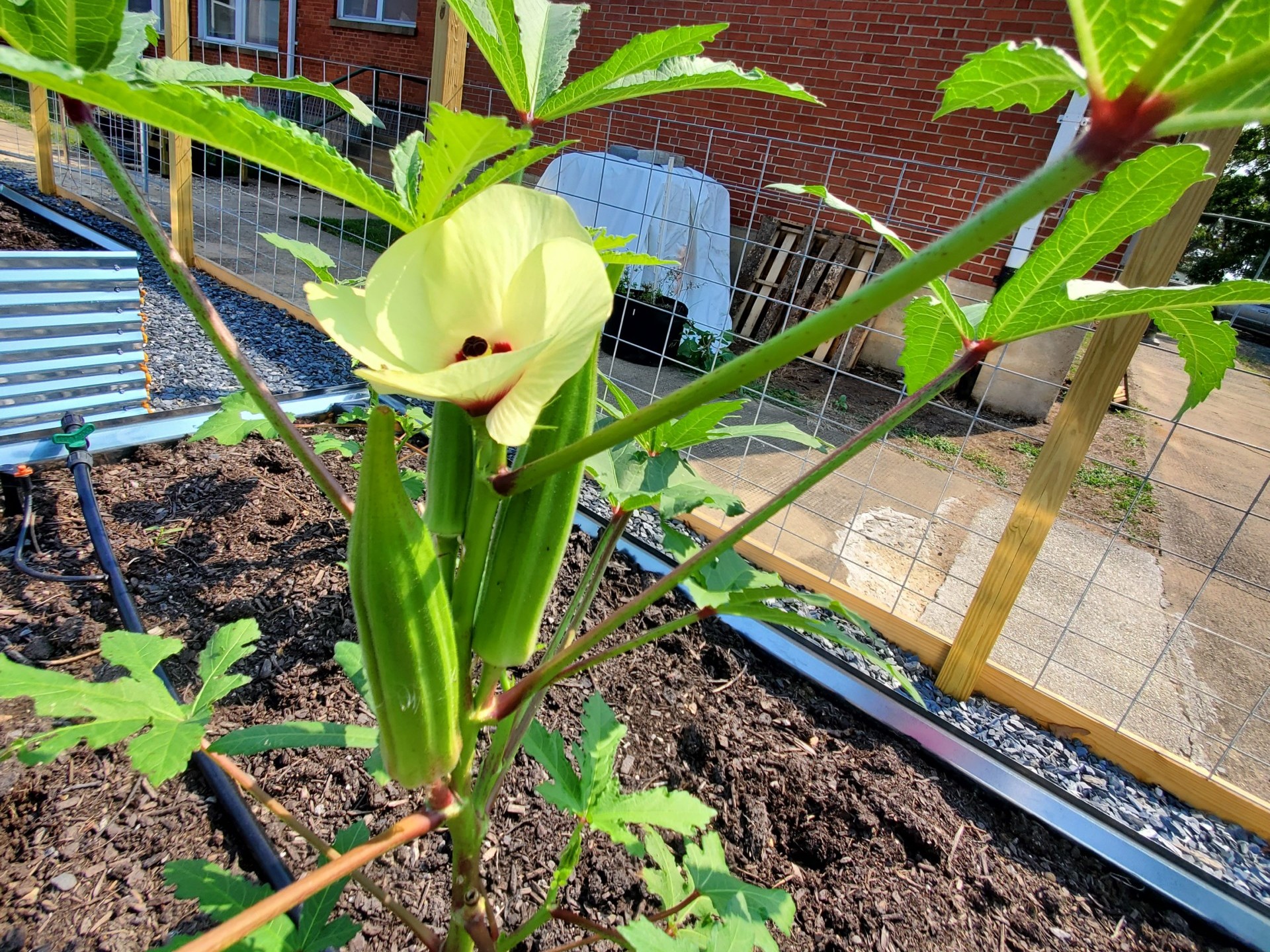About 1 in 16 (6.2%) older Virginians are food insecure, according to Feeding America’s most recent Senior Hunger Study.
Among those we serve, seniors face varied and unique challenges. These include specific dietary needs, declining health and mobility, social isolation, stigma associated with accessing food assistance, and limited options for affordable nutritious foods, especially in rural communities. And with rising health care costs and inflation now putting pressure on fixed incomes, hunger among older Americans will rise now and in the years ahead.
With her ear to the ground in Fluvanna County, Faye Anderson is sprouting fresh solutions to better serve their needs. Faye is a program assistant with the Virginia Cooperative Extension (VCE), an educational outreach program charged with helping Commonwealth residents improve their well-being.

Enhancing food access and engagement
For the past 23 years, Faye Anderson has been working for VCE’s Family Nutrition Program. In this role, she teaches limited-resource families, seniors, and youth how to make healthier food choices and become better managers of available food resources.
Most recently, Faye used funding from the Blue Ridge Area Food Bank’s Agency Capacity Fund to build eight raised beds for a community garden project at the Fluvanna Parks and Recreation site in Fork Union.
“We have been able to directly engage with seniors by gardening with them, teaching them about healthier ways to prepare the vegetables they grew, and illustrating how harvesting vegetables is a great opportunity to increase their physical activity,” said Faye.
Faye has big plans for the garden project in the year ahead. She is engaging with 4-H to make the project multi-generational. And she is working with Agriculture Research and Extension officers to offer classes on everything from pruning berry bushes to setting up irrigation systems to starting a gardening project at home.

About the Virginia Cooperative Extension
The VCE’s programs—born out of a partnership between Virginia Tech and Virginia State University—focus on basic nutrition, physical activity, safe food handling, and thrifty food shopping. Many VCE program assistants partner with food pantries to offer fun and engaging nutrition education programs, food preparation classes, and sampling of pantry foods.
To learn more about VCE’s services, contact your local VCE office at https://ext.vt.edu/offices.html.
Thank you, Faye, for being an innovator, for nourishing lives, and for sowing renewed hope!

